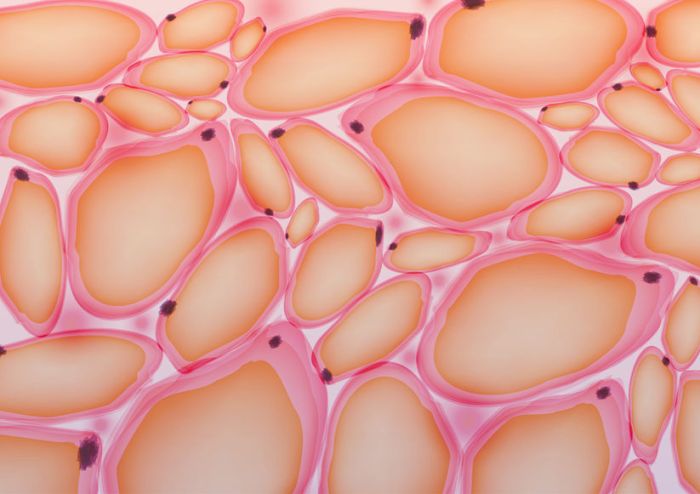
Your legs are big, and they have a lot of fat on them.
My ten year old said this to me, conversationally, as we were lazing on my bed, along with his brother, one evening. He noted it as a scientific observation, completely devoid of judgment….and then, of course, I felt insecure for three days.
I got over it, and I didn’t get nearly as upset about it as I would have, say, ten years ago. He was actually doing what my goal is for myself and humanity in general — not equating “big” or “fat” with bad, not equating them with anything, in fact, except what the words literally mean.
My adult brain, of course, had to feel bad about itself for letting the legs get big and fat. Then it had to rationalize it with my age and eighty-seven other aspects of myself and life. And it had to work REALLY hard at getting back to the place where “big” and “fat” are not judgments.
Then I had a proverbial “Ah ha” moment. I realized that all this association we have with fat as negative is completely learned from societal cues. So learning not to assign self-worth to the constitution of one’s body isn’t so much about learning as it is unlearning.
My kids didn’t have to learn that fat’s not bad. They were born observing things, not judging them. We all know the story of the little kid (maybe it was yours) who loudly points to someone in a store and says “Look how fat that person is!” It’s super embarrassing for all the adults.
The child is not being judgmental; she is simply noticing something that is outside her average experience. She may be amazed, but she’s not assigning worth (or lack thereof) to this person who happens to be bigger than anyone she’s ever seen.
I’m not suggesting you encourage your kiddos to point and yell when they see a person who is bigger or fatter than most. We as a society aren’t there (yet), and it’s unkind to throw people’s probable insecurities in their faces in public. But do understand that it’s the adults who are doing the judging and being embarrassed in this situation. The child is simply giving voice to an observation (most of the time, unless she’s already picked up on the damaging and mistaken message that fat is inherently a negative thing.)
The bottom line is this: fat is not bad. Fat is just fat, like skin or hair or eyeballs. And it is not a learning process to get there. We have learned wrongly, and as adults, we need to do two things:
- Prevent our children from learning the self-esteem crushing concept that fatness somehow reflects on a person’s character, work ethic or worth.
- This is asking a lot, but it is vital and it is a journey; you’re not going to do it right now, but you can start working on it. Start reflecting on your own deeply-seated beliefs surrounding fatness: UNLEARN.
Want to read some real talk about fat and how society insists upon shaping a false, negative and demeaning narrative around it? Go here. Virgie Tovar knows.
Oh, and P.S.: Do NOT comment on this post with anything like “You’re legs aren’t fat!” or “You look amazing!” Because that is completely not the point, and it would diminish the point I am trying to make. This is not about me and my self-esteem; it’s about incorrect and practically universal damaging social concepts.
Photo credit: Copyright: <a href=’https://www.123rf.com/profile_inbevel13′>inbevel13 / 123RF Stock Photo</a>

Yes! I am working on this daily. It’s very hard